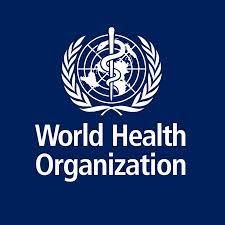Korede Abdullah in Lagos
A new study published in The Lancet Global Health and released by the World Health Organization (WHO) reveals that in 2020, approximately 287,000 women worldwide died due to pregnancy- or childbirth-related complications—equivalent to one death every two minutes.
Hemorrhage and hypertensive disorders, such as preeclampsia, remain the leading causes of maternal mortality, particularly in low-income countries where access to effective care remains inadequate. The study highlights the persistent global challenge of reducing maternal deaths despite ongoing healthcare advancements.
The study, cited by Medscape, represents the first major update on maternal mortality causes since the adoption of the United Nations Sustainable Development Goals (SDGs) in 2015.
According to the report, the global maternal mortality ratio in 2020 stood at 223 deaths per 100,000 live births—far from the SDG target of fewer than 70 maternal deaths per 100,000 live births by 2030.
WHO defines maternal mortality as the death of a woman during pregnancy or within 42 days of pregnancy termination due to pregnancy-related complications, excluding accidental or incidental causes.
Hemorrhage, occurring primarily during or after childbirth, was responsible for 27% of maternal deaths globally, followed by indirect obstetric causes (23%), hypertensive disorders (16%), abortion-related complications (8%), pregnancy-related infections (7%), embolism (7%), and other direct causes (10%).
The study emphasized that increased facility-based deliveries have not significantly reduced deaths from hemorrhage or hypertensive disorders, indicating gaps in implementing preventive strategies.
Regional disparities were also evident, with hemorrhage accounting for 29% of maternal deaths in West Asia and North Africa, compared to 15% in Australia, New Zealand, North America, and Europe.
In Latin America and the Caribbean, hypertensive disorders were the leading cause of maternal deaths (22%).
The WHO underscores the urgent need for high-quality, evidence-based maternal healthcare worldwide, stressing that improved antenatal care coverage alone is insufficient without proper preventive and management strategies.



